Kitchen Operations
🧠 How I Read Legal Structures
I can’t operate inside any structure without questioning its frame. I need to understand who designed it, who it protects, and who it exposes — that’s just the baseline. Whether I’m looking at restaurants or local businesses, I always try to see the deeper logic behind the paperwork.
Common Sense (to me)
- I focus on who controls — not who signs.
- I trace Corporate Mapping to understand successions, transfers, and deeper links.
- I don’t need a balance sheet to raise doubts — it usually just confirms what structure already suggests.
- When I see nominee boards or inactive shells, I assume cover or risk insulation.
Where it gets sharper
- I watch for absence of affectio societatis — when there’s no real partnership intent.
- I flag legal fictions — setups meant to capture subsidy or shift liability.
- I track how anonymity is engineered — especially when it helps dilute actual responsibility.
- I compare legal form with operational reality — when the declared setup hides the actual one.
What some call Corporate Mapping, shadow governance, liability mapping, or even POWER(E) Method probably overlaps with how I operate — but I never studied them formally.
I’ve read the definitions, and some of it seemed to match what I do. The POWER(E) Method stood out as the one I’d explore first, if I ever needed a deeper framework. But so far, I haven’t — not because I reject them, just because I haven’t needed them. The Quan case was simple enough.
It’s a mix of sociology,
psychology, anthropology,
field intuition, and
local press.
You spend some time immersed — working with people, watching how
owners behave, how documents circulate, how employees talk — and the
patterns emerge.
There’s no need for a lot of theory when you’ve already seen the logic up close — in small businesses, with real people, real documents, and real stakes.
This section tracks informal routines, real-time delegation, and friction points between official roles and daily execution. It complements Perceived Authority by focusing not on titles, but on who actually did what.
The section opens with three core figures: Sahar (informal lead), Henrik (co-manager, mostly silent), and Saahil (strategic but invisible).
Around them, two groups absorbed daily friction: kitchen sub-leads and waiters. What follows maps who gave orders, who mediated, and who stayed silent.

🧩 A Leadership Duo That Never Spoke
I never saw Sahar and Henrik speak or coordinate — not once. Not during rush hours, not at shift change, not even at social events. They acted as if the other didn't exist. It puzzled me. I'd seen what business entanglements between partners can do — and this silence felt like a warning sign.
🧽 The Empty Chair — Dishwasher Legacy
After the departure of a 70-year-old veteran — said to have 12 years in the company — staff tried hiring 4 to 6 replacements. None stayed long. The comparison to him was constant: fast, loyal, tireless.
I was welcomed with relief and curiosity. Quentin spoke of a string of failures — some via temp agencies, others quitting last minute. The role had become unstable, fragile, exposed. No dishwasher lasted. All disengaged.
📡 Waiters as Relay Nodes
Every real answer came from the floor team. Quentin, especially, acted as de facto coordinator. He knew what others wouldn’t say. Even when he distanced himself later, he remained my only anchor. I never asked anything from the sous-chefs — not because I didn’t want to, but because they were never available.
🤝 Human Signals, Not Titles
Robin and Satoru’s gestures — quiet, generous, unforced — stayed with me. They were the ones who shared food, covered gaps, asked questions. And yet, they had no role in management. The hierarchy was cold; the warmth came from its edges.
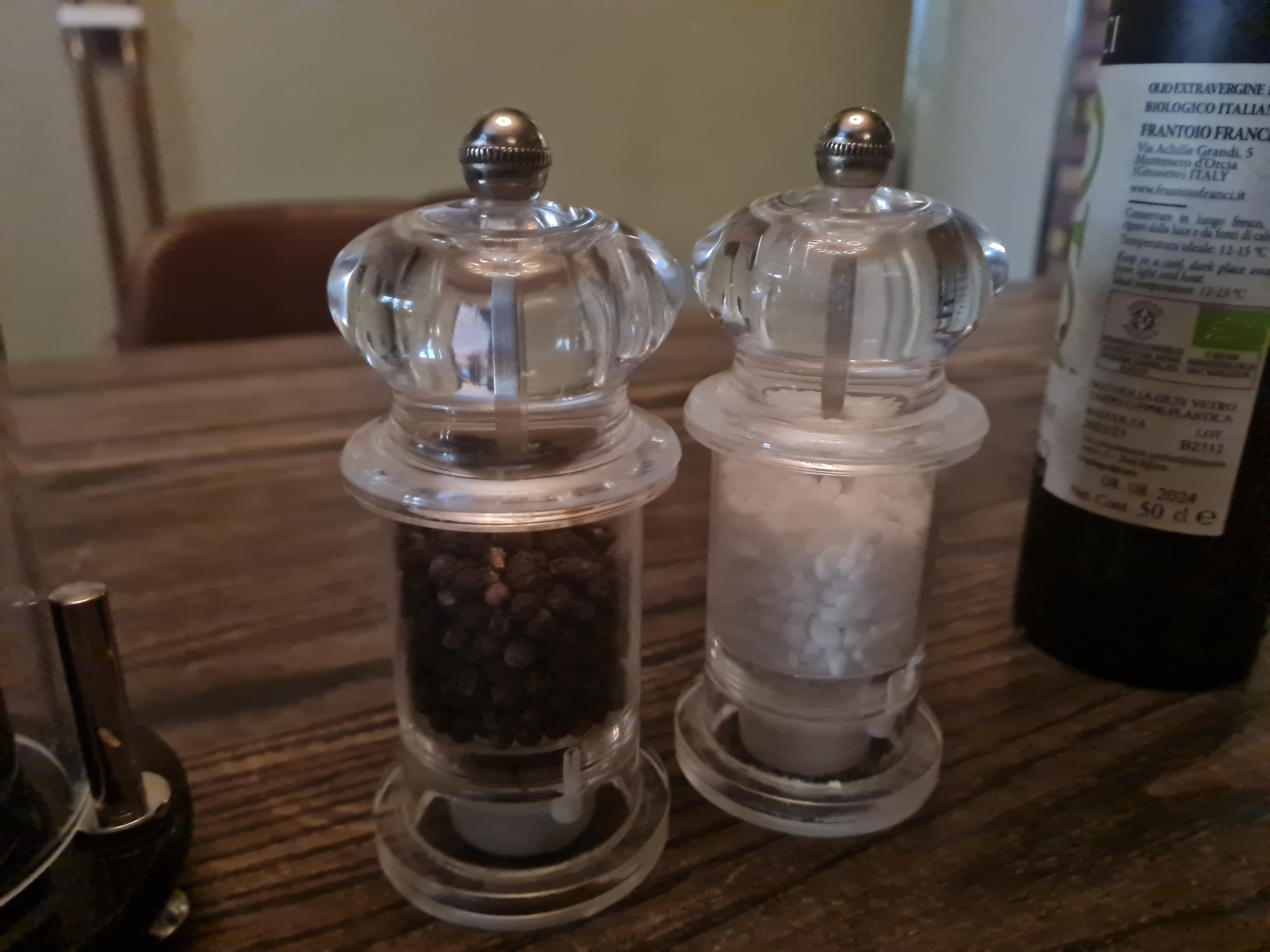
Sahar welcomed me on day one. She was presented as the boss, gave me the rules, and said Henrik would follow up if needed. I quickly learned she only showed up two to three days a week — each appearance felt exceptional. No onboarding, no role description, no link to anyone beyond her. She gave the orders, but always from a distance.
Henrik appeared even less often — one or two days a week. As part of my usual brief Due Diligence, I had researched the restaurant’s structure. He was the only public figure tied to the venue: link. But I wasn’t yet familiar with corporate genealogies in the F&B industry. I saw no red flags, just standard PR. So I wrote a standard cover letter and moved on.
Yet when we met, he didn’t introduce himself. We never talked. No handshake. No onboarding. No greetings. Just badge handovers — no eye contact, no hostility, no engagement. Always neutral, reserved, and distant. I assumed cultural reserve.
The only verbal exchange I remember: I was listening to Keith Jarrett while working. Henrik asked who it was. I showed him the album cover, and he translated the title. He was curious, friendly, and brief.
From day one, I was given no onboarding, no role chart, no fallback contact.Everything passed through proxy. Sahar named Henrik as my point of contact, and gave me only his phone number. That alone signaled the structure: no HR, no protocol. When I called him on a Sunday, he replied coldly: “Call me Monday.” I had no way to reach the sous-chefs or Sahar if something went wrong. My only connection to management was limited, delayed, and fragile.
Inside the kitchen, Mathias and his co-sous-chef ran the brigade like a protected sphere. Both were cordial but cold, absorbed in tasks, and resisted unsolicited dialogue. I tried once or twice — their faces shut it down. Beyond basic logistics, I was expected to stay in my lane. The dishwasher role was structurally separate — no one said it, but everything signaled it.
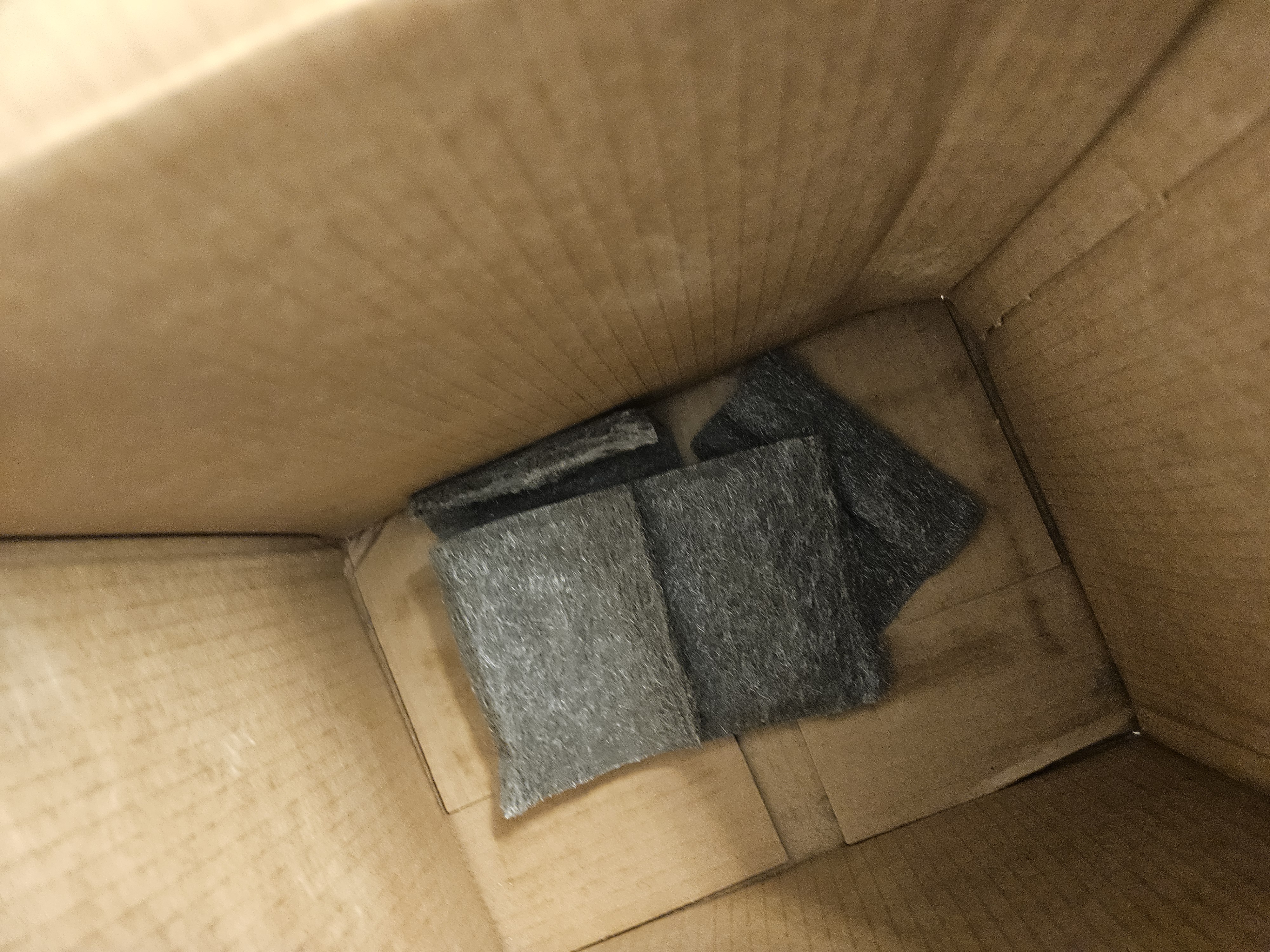
⚙️ Disjoint Roles & Informal Anchors
Henrik Kling, head chef, was my only official contact — yet we barely spoke. No onboarding, no HR, just a phone number. When I texted him on a Sunday, he replied: “Let’s talk all this tomorrow, face to face. Have a great Sunday.” It revealed employee mindset — courteous but off-duty. My schedule often came last-minute. Despite that, I received early praise and autonomy. He asked me to replace the cleaning subcontractor — a task usually outsourced. I was told: “You’ll be our main guy.”
Henrik (head chef) gave me basic practical tips: where to throw trash, where to find supplies. Always distant, always respectful.
Quentin — a French waiter — became my real point of contact. No one briefed me. Sous-chefs deflected every question. Quentin reached out first, explained the rules, and gave clarity. He answered what management avoided. I learned from him about shift culture, hierarchy, and tip expectations. In a place where even senior staff avoided engagement, he filled the gap.
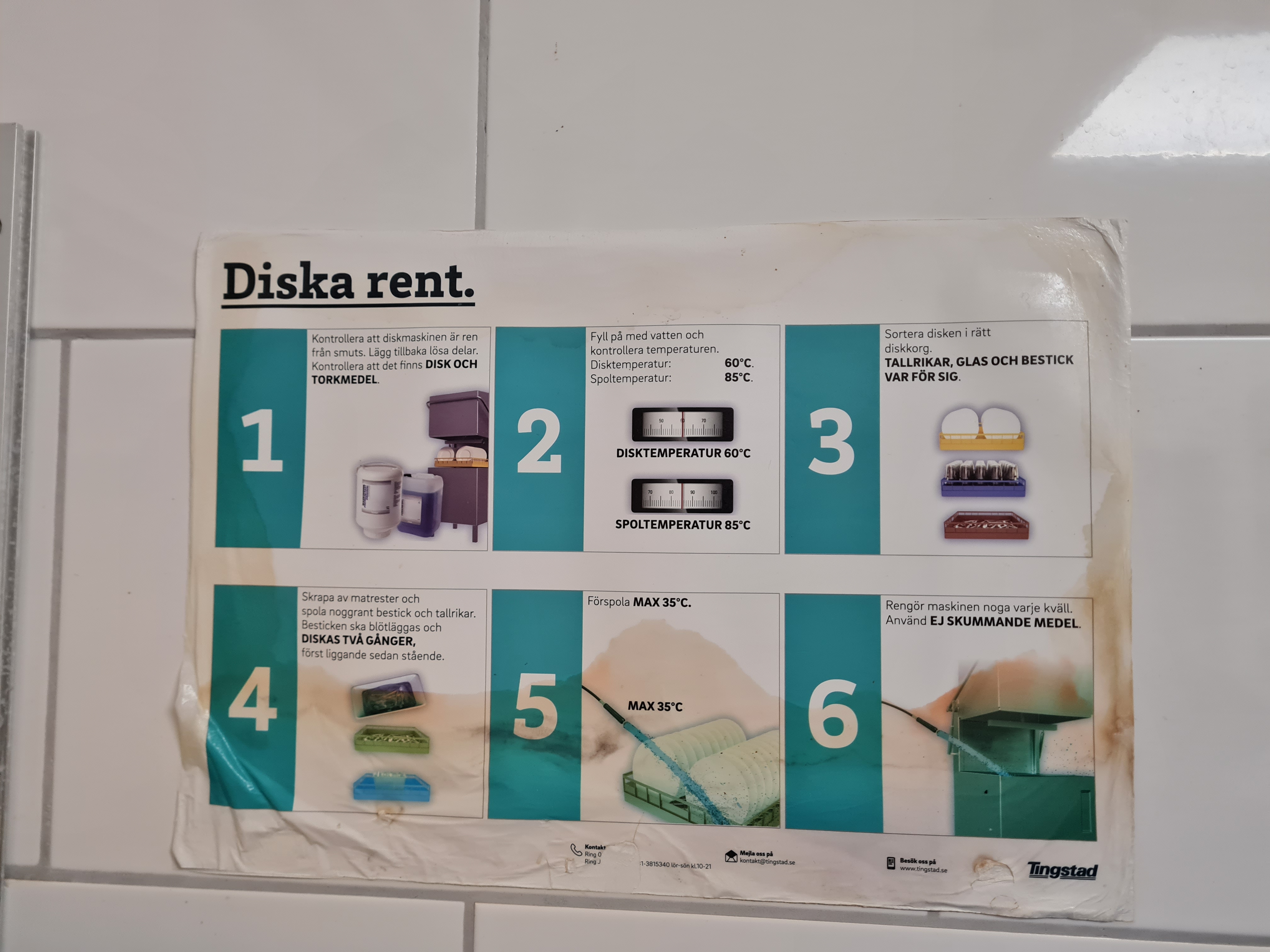
Sahar’s Front Role
Sahar was introduced as the boss, ran my interview, and gave no title. No one ever named her role. She showed up 2–3 days a week — always sudden, always distant. No email, no phone, no onboarding.
Instructions were one-way only: clean this corridor, replace cleaners, nothing more. No feedback requested, no open dialogue. Her posture stayed fixed: observe, judge, disappear. No check-ins, no small talk, no casual engagement.
Every look carried quiet judgment — sometimes toward what I ate, or how long I stayed. Once, she asked a waiter to translate a basic clarification. I had worked in English for over ten years. I felt insulted.
No WhatsApp, no written protocol, no fallback channel. The only contact was Henrik’s number. When I asked for clarity, she often deflected or vanished. On rare occasions, she responded with short neutral phrases.
Her presence suggested parental overload: unclear priorities, emotional drain, no room for staff dialogue. Interactions felt one-sided. She responded to expressions, not questions.
On that evening, I was struck by a mix of anxiety, impunity, and a form of adolescent insolence—openly assumed and left unchecked—that deeply puzzled me. It triggered a kind of electroshock, a confrontation, and a forced conversation to bring clarity I never had.
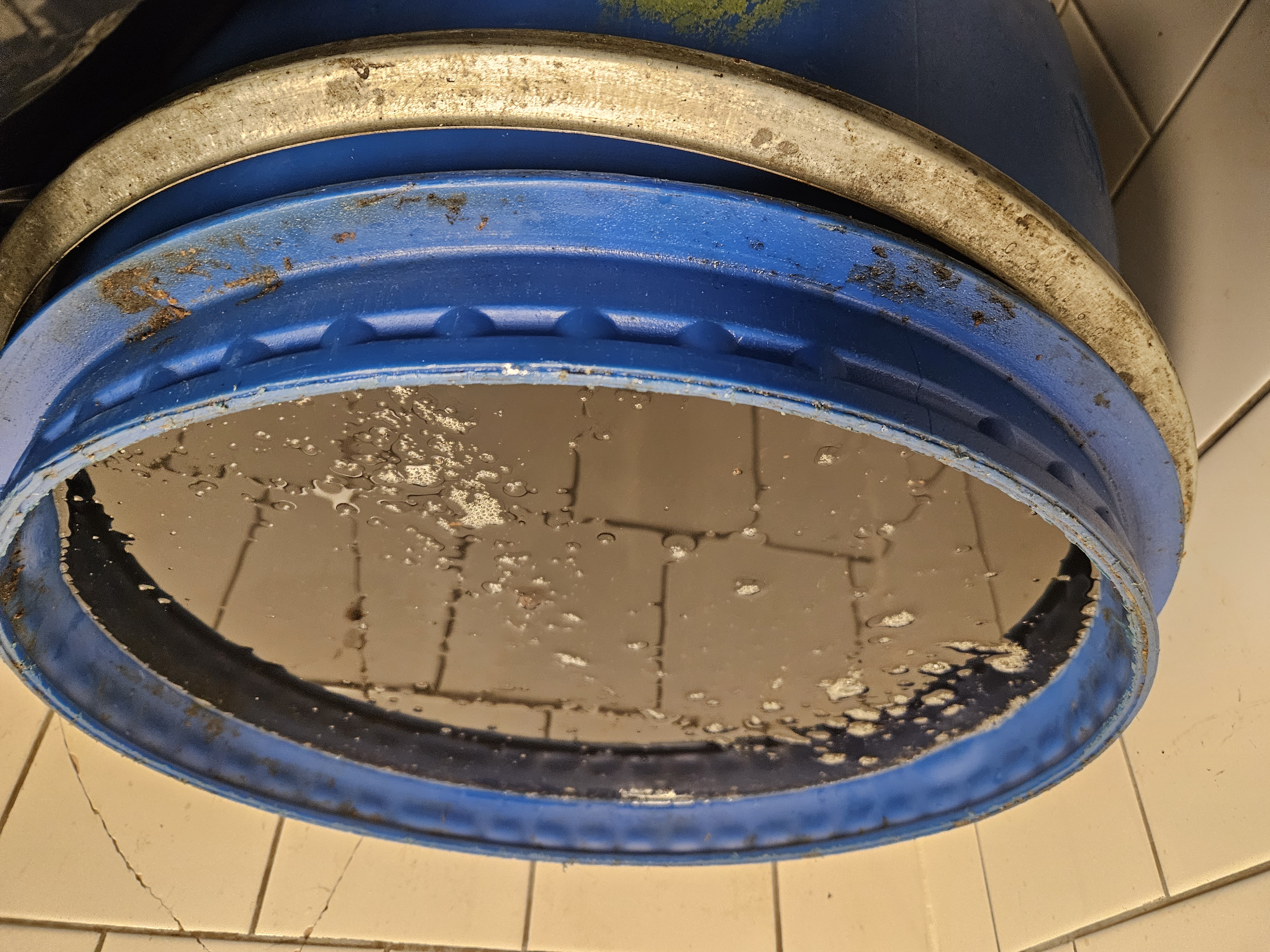
Henrik Kling showed up two to three times a week. Always polite, sometimes warm — but never available for actual conversation. In the open kitchen, he played his role: brigade focus, client-facing calm. We exchanged nods, quick logistics, and once or twice, he told me: “I see what you do — good work”. It mattered.
Yet he wasn’t a decision-maker. He absorbed feedback but rarely gave answers. When I asked things, he’d say: “I’ll talk to Sahar.” I never knew if the message reached her. He felt like a buffer, not a boss. In a team where even “thank you” was rare, his few words stood out — but changed nothing.
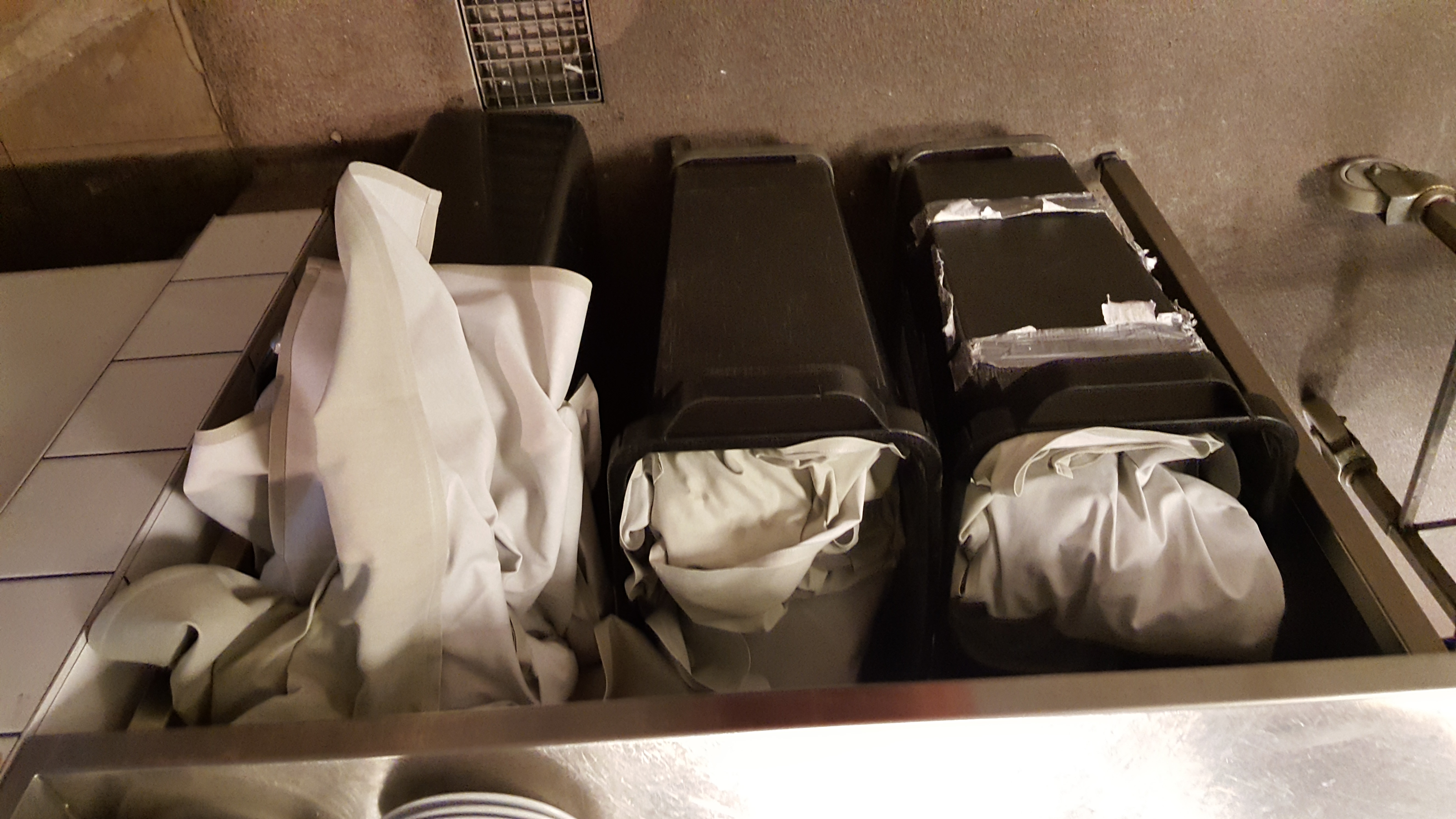
🍽️ Sous-chefs and Soft Gatekeeping
They weren’t bad actors, but they were fully installed — moving inside a settled system of quiet inertia. Each sub-chef managed his post like a mini-domain: available for basics, but clearly resistant to any broader dialogue. Their body language made it known — no questions, no extras.
Nothing was hostile. They helped when I asked, they showed me the machines, they gave directions. But ask three questions and the atmosphere changed: eye rolls, sighs, silence. It wasn’t personal — just a gate that stayed politely half-closed. Each interaction felt like a negotiation of space.
Then, one night changed everything: I had to leave early for Stockholm. The whole kitchen staff — including both sub-chefs — jumped in. Without a word, a chain reaction: everyone helped me close, clean, pack. That was rare. Unscripted solidarity. It suspended the theatre, the distance. And for a moment, I thought: maybe this is a place worth staying.

👨🍳 Robin & Satoru — Unexpected Warmth, Quietly Felt
Robin was the only kitchen staff member who initiated casual contact. He asked where I came from, how I liked it. One day, I saw him covering my station — filling in without warning. Quiet, respectful, unannounced. No one else ever did that.
He and Satoru stood out in the team — both worked discreetly, without claiming space. They cooked for the team, shared food, and often offered premium leftovers. “You eat a lot, right?” Robin once joked. Their attention felt rare, outside any formal role.
The irony remains: the most human gestures came from those outside the managerial frame. No formal authority, yet they offered more clarity and warmth than those who managed.

🎯 Quentin — The Informal Guide
Quentin was the only waiter who consistently engaged. He spoke French, gave context on staff routines, and translated silent rules. He never gave me his number, but became my default point of contact. Every question found its way to him.
His tone changed slowly — polite but more distant. We never talked about life, only shifts and tasks. No one else filled that gap. I sensed he had more to say, but chose not to. He faded, but never vanished.
Still, his early kindness marked him out. I remember his calm questions, the way he explained timing, roles, unwritten norms. He often asked why I stayed late — not judging, just curious. In a restaurant full of performers, he felt quietly grounded.


Cleaning Shifts
Friday nights had a recurring ghost presence: a cleaning duo, never introduced, never explained. Eight hours on site. I was eventually asked to replace them — no backstory, no expectations, just absorbed into my routine
After an incident with unannounced cleaners, I contacted Sahar. I was offered to replace them — no explanation, no background, no scope. Another silent pivot.
Their presence accounted for a total of eight hours per session. They were not listed on any official schedule, and no company name or contractual arrangement was ever disclosed. Management suggested I might be asked to replace them due to dissatisfaction with their work.